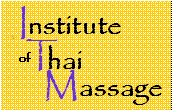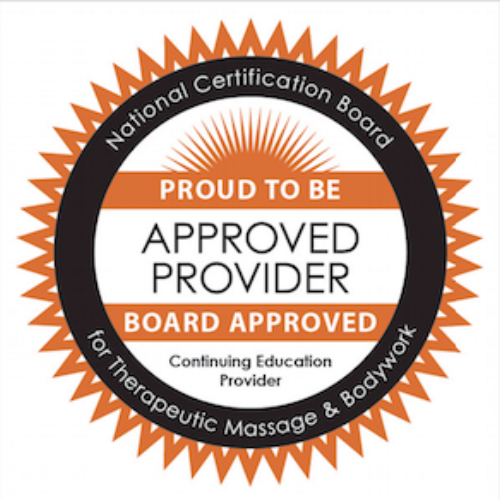““Rose is one of the greatest healers in North America.””
Why study with ITM-USA?
Class Format
The teaching is based on the complete program as taught at ITM in Chiang Mai by its master, Chongkol Setthakorn. Class begins by paying respect to this Thai lineage with the traditional Om Namo chant (listen to a version at the bottom of the page here).
The instructor will discuss the class scope and goals and format, and you'll have a chance to introduce yourselves to other participants. Rose's teaching style is casual and light while staying focused on our task of learning together. See our What People Say page for feedback on what a class is like, or check out the video at the bottom of this page.
Classes often begin with a short lecture period to share some basics about the work, and then are devoted to demonstrations of the techniques, with students being led through each series of movements. There is lots of multi-discipline teaching and variety throughout the day. We strive to be inclusive and welcome a diverse cast of students. See our Statement on Diversity here.
Past experience has shown that student's get much more out of class if they receive at least one Thai massage beforehand. Arrange this individually. You can find referrals for therapists in your area here. Rose's time tends to be very limited while teaching a class, but she may be able to give you a referral for another therapist in the local area.
What to Expect in Class
ITM-USA embodies traditional northern style Thai massage. The teaching is based on the program as taught at the Old Medicine Hospital and ITM in Chiang Mai by master teacher Chongkol Setthakorn. We begin with the traditional Om Namo, ringing of the bells, and warm-up exercises from yoga, meditation, reusi dat ton, and other mindful movement practices.
The classes are well organized, efficient, full of useful information, and also kept light. The lead instructor, Rose Griscom, teaches the classes with occasional assistants. Renowned for her elegant, relaxed, and friendly style, Rose's personal practices enhance her teaching, and include vipassana meditation, qigong, yoga, reusi dat ton, and lots of laughter.
Classmates often end up as friends, working with and on each other and having fun while learning. After teaching thai massage for many years, ITM-USA developed a class format and methodology to help guide students' success. We foster a mutually-respectful environment so that everyone can learn. There is plenty of hands-on time. Students are given clear, thorough demonstrations of the movements, and are encouraged to take notes and follow along in the book. The instructor guides you step-by-step through each series of movements, and then you practice on each other, with help as needed. There is time for discussion, questions, review, and integration of the material. The secret to successful Thai massage is good instruction, an openness to learning, and lots of practice.
Be prepared to work and be worked on.
Dress in loose, comfortable clothing that allows ease of movement.
Bring layers in case you get warm or chilly.
Please have a clean body.
Since we often use our feet in Thai massage, consider getting a pedicure to remove any rough or dry skin.
Finger and toe nails trimmed short.
Eat lightly before class, as many of the movements involve compression of the abdomen.
Thai massage can be physically demanding, so doing some leg stretching and strengthening before class can make it easier to adapt.
Try to be well-rested and alert and receptive.
Each class includes a detailed and illustrated text, and dvds are available for sale. An enhanced version of the text "Nuad Bo-Rarn, the Traditional Massage of Thailand" by Arthur Lambert and Chongkol Setthakorn is included as part of the Level I&II classes. "Advanced Thai Massage", written by Arthur Lambert and Rose Griscom, is a comprehensive manual included with the Level III or IV Advanced classes.
Classes are approved for continuing education credits (CEs) for massage therapists by the National Certification Board for Therapeutic Massage and Bodywork (# 152830), and by the American Massage Therapy Association (AMTA). ITM is also an approved institution with THAI (#1064), the Thai Healing Alliance International.
This video about an advanced Thai massage course gives you a good idea of Rose’s teaching and what to expect in class!





